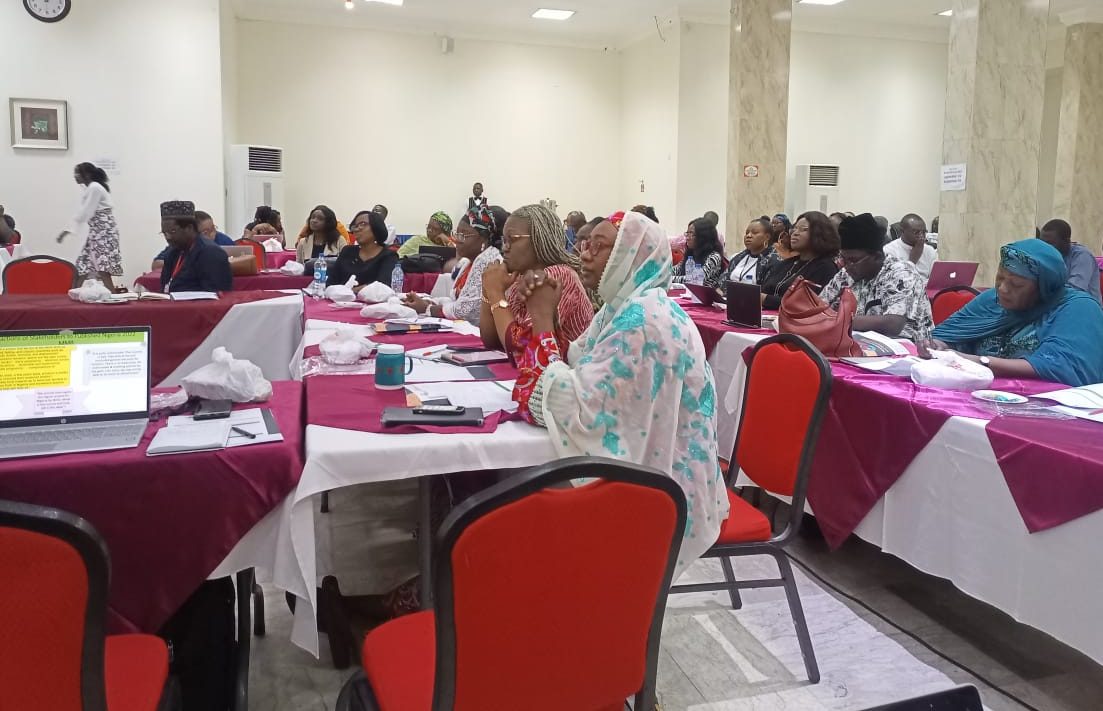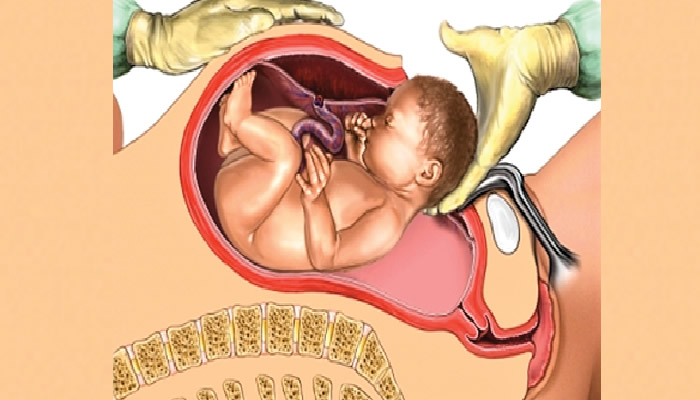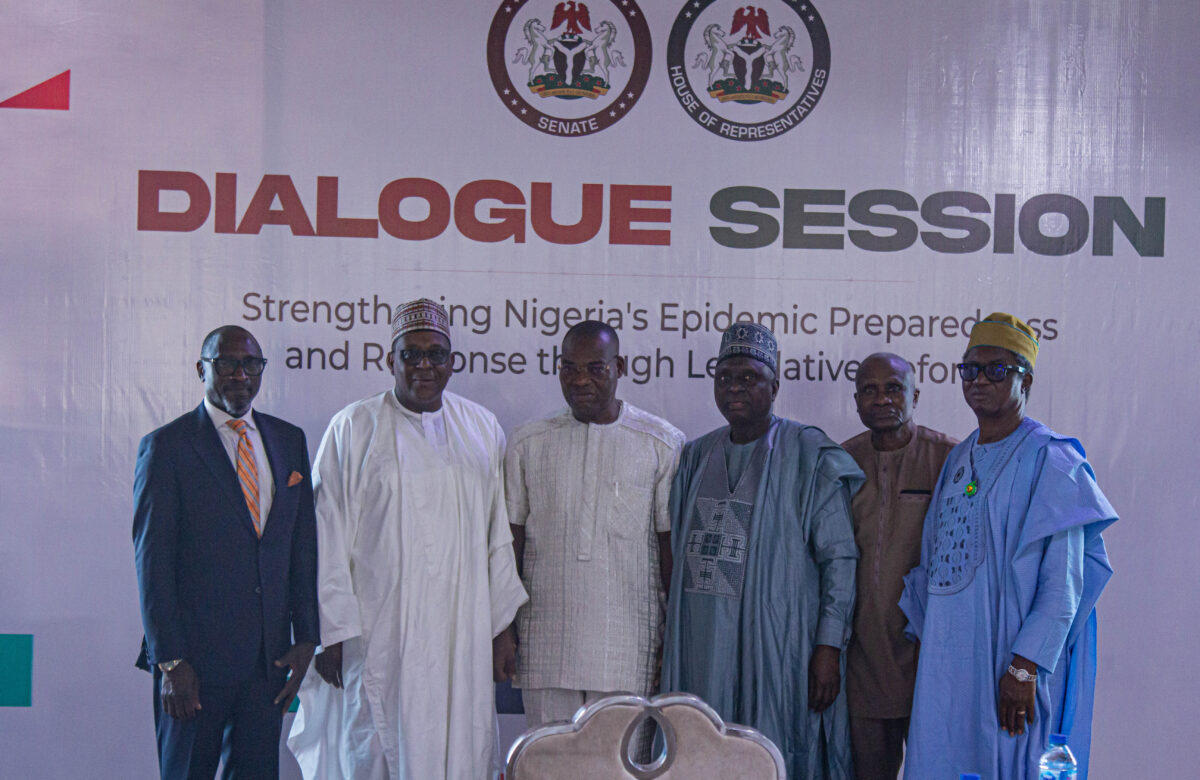
Sustaining the RMNCAEH+N QoC through Advocacy and States Engagement
- Health and WellbeingHealth SectorSPAG Projects
- No Comment
- 664
The Federal Ministry of Health in collaboration with USAID, MCGL, and other partners organized a one day breakfast meeting learning session on sustaining National and Sub-national interventions of RMNCAEH+N QoC through Advocacy and State Engagements. The essence was to elicit stakeholders’ learnings from Reproductive, Maternal, Newborn, Child, Adolescent, Elderly Health plus Nutrition Quality of Care (QoC) implementation in States, to discuss experiences and lessons learned, challenges encountered and next steps in the implementation of RMNCAH+N QoC to increase participation, strengthen dialogue between national and sub-national levels, implementing partners and Civil Society Organizations (CSOs).
Learnings and recommendations from the engagement will be used to advocate for new commitments for improved RMNCAEH+N QoC which will result in a significant reduction in maternal and child mortality.
In attendance were Dr Akoria Obehi, the Honorable Commissioner for Health, Edo State; Dr Bolade Alonge, Director Family Health, FmoH; Hajia Jummai Inuwa Garba, QoC focal person Bauchi State Primary Health Care Board; Mrs Dorcas Johnson, Asst. Director, DPRS, Ondo State Ministry of Health; development partners, LISDEL and CSOs amongst other representatives.
Dr. Samuel Oyeniyi, Head of Safemotherhood, Reproductive Health Department, DFH, FMOH, in his remarks stated that the program started in 2017 with a focus on sustainability, quality, and maintaining momentum in Quality of Care (QoC). He mentioned that, based on the strategies set, there is significant progress. However, much still needs to be done.
Prof. Akoria Obehi the Honourable Commissioner for Health, Edo State in her remark stated that the QoC program was introduced in Edo State in June 2022, and since then has helped to improve health outcomes in the State. She emphasized the need to strengthen the monitoring and supportive supervision of healthcare workers and community-level engagement to improve RMNCAEH+N.
Stakeholders raised a concern about the continuous increase in the number of maternal mortality reported in the country and were emphatic in their call for urgent action and intervention by the government to take decisive steps and measures towards improving the services in PHC which is the point of entry into the healthcare system to curb, maternal mortality through improvement in the quality of care at that level and others.
By LISDEL
Juliana Abude-Aribo | Editor | LISDEL





